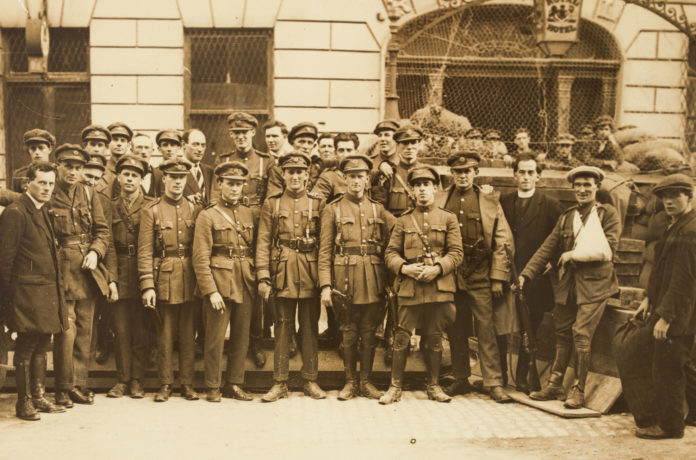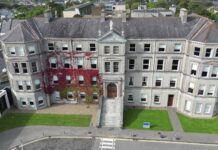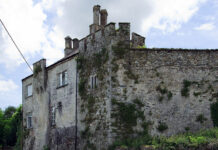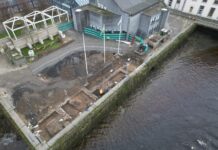
OVER the next five years, Ireland will commemorate the centenaries of seminal, but often difficult and controversial, events.
As part of the commemorations, the Department of History at Mary Immaculate College (MIC) will host a free one-day conference on Limerick during the revolutionary years between 1918 and 1923.
The conference, ‘Limerick 1918-23: New Approaches’ will bring together leading scholars to better understand this important period in Limerick’s and, indeed, the country’s history on Saturday, September 1.
According to event organiser and MIC history lecturer Dr Brian Hughes, the conference participants have been working with new themes, methodologies, and sources for history and commemoration of the Irish Revolution.
“The research that will be presented reflects some the most recent and innovative additions to our knowledge of the revolutionary period in Limerick and further afield. Contributors will use local, national, and even international perspectives to help us better understand the events of 100 years ago.’
The first session of the conference will bring highlight underused or neglected sources for social and political history of the period.
Limerick Council Archivist Jacqui Hayes and Limerick Diocesan Archivist David Bracken will highlight material available in local archives that represent the upheaval of the period alongside the everyday lives of those who lived in the city and county.
MIC history student, Winnie Davern, will use a collection of private family papers to highlight personal responses to the anti-conscription movement in 1918 while PhD graduate, Dr Seán William Gannon, will look at the experiences of disbanded members of the Royal Irish Constabulary in Limerick in 1922.
Maynooth PhD candidate Jack Kavanagh will make innovative use of GIS mapping technology to provide a more detailed picture of Civil War participation and Dr Alexandra Tierney will reflect on the impact of suffrage and independence on the women of Limerick.
In the final session, papers by Anna Lively from the University of Edinburgh and Síobhra Aiken from NUI Galway will examine the ways that those involved wrote about their experiences afterwards, in both memoirs and in novels, and how events like the Limerick Soviet have been remembered or, indeed, forgotten.
Queen’s University Belfast Professor Fearghal McGarry’s keynote lecture will ask us to think about the history and commemoration of Ireland’s revolution in a global context.
Full details at www.mic.ie
by Tom McCullough
[email protected]










